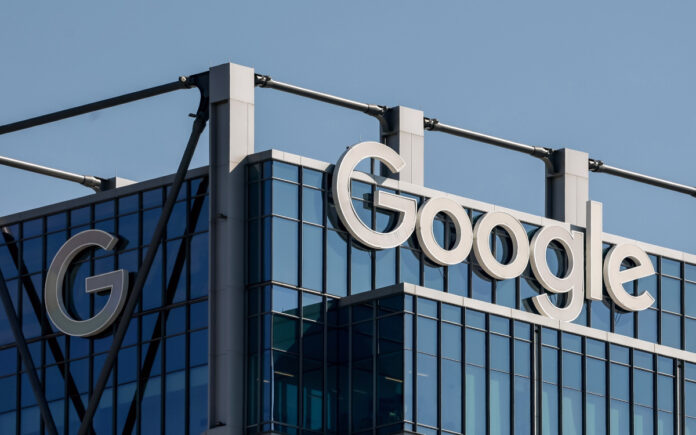Washington: The U.S. government announced on Tuesday that it may request a judge to compel Alphabet’s Google to divest certain business segments, including its Chrome browser and Android operating system. This action is part of the government’s assertion that these components contribute to maintaining an illegal monopoly in online search.
In a significant ruling last August, a judge determined that Google, which accounts for 90% of U.S. internet searches, had established an illegal monopoly. The proposed remedies from the Justice Department could significantly alter how Americans access information online, potentially reducing Google’s revenues while providing competitors with increased market opportunities.
“Fully remedying these harms requires not only ending Google’s control of distribution today, but also ensuring Google cannot control the distribution of tomorrow,” the Justice Department stated. Additionally, the proposed changes aim to prevent Google’s historic dominance from extending into the rapidly evolving field of artificial intelligence.
The Justice Department may also seek to terminate Google’s financial agreements that ensure its search engine remains pre-installed or set as the default on new devices. In 2021 alone, Google made $26.3 billion in annual payments to companies, including Apple (AAPL.O), and other device manufacturers to maintain its strong market share.
Google plans to appeal the decision and described the proposals as “radical,” asserting that they “go far beyond the specific legal issues in this case.” The company maintains that its search engine has gained users due to its quality and points out that it faces robust competition from other platforms, such as Amazon (AMZN.O), allowing users the option to select alternative search engines.
Alphabet, the world’s fourth-largest company with a market capitalization exceeding $2 trillion, is facing increasing legal scrutiny from competitors and antitrust authorities. Recently, a U.S. judge ruled that Google must make its lucrative Play app store more accessible to competition, allowing Android apps from rival sources. Furthermore, Google is contesting a Justice Department case that seeks to break up its web advertising business.
To prevent Google’s influence from extending into AI, the Justice Department may seek to make the indexes, data, and models utilized for Google search and AI-assisted search features available to rivals. Prosecutors may also pursue orders that restrict Google from entering agreements limiting other AI competitors’ access to web content and allow websites to opt out of Google using their content for training AI models.
Also Read | Youth Safety at Risk? TikTok Sued by 13 States for Allegedly Targeting Kids
In response, Google warned that the AI-related proposals could hinder the sector’s growth. “There are enormous risks to the government putting its thumb on the scale of this vital industry—skewing investment, distorting incentives, and hobbling emerging business models—all at precisely the moment that we need to encourage investment,” Google stated.
The Justice Department is expected to submit a more detailed proposal to the court by Nov. 20, with Google given the opportunity to propose its remedies by Dec. 20. U.S. District Judge Amit Mehta’s ruling in Washington marks a significant victory for antitrust enforcers who have pursued an ambitious agenda against Big Tech companies over the past four years.
Also Read | Elon Musk’s X Gets Approval to Resume Service in Brazil After Complying with Court Demands
The U.S. has also initiated lawsuits against Meta Platforms (META.O), Amazon.com, and Apple, alleging that they illegally maintain monopolies. Some elements of the Justice Department’s proposals to dismantle Google have previously garnered support from smaller competitors, including Yelp (YELP.N), a reviews site, and DuckDuckGo, a rival search engine.
Yelp, which filed a lawsuit against Google in August over search practices, advocates for spinning off Google’s Chrome browser and AI services as potential remedies. Yelp also calls for prohibiting Google from favoring its own local business pages in search results.



